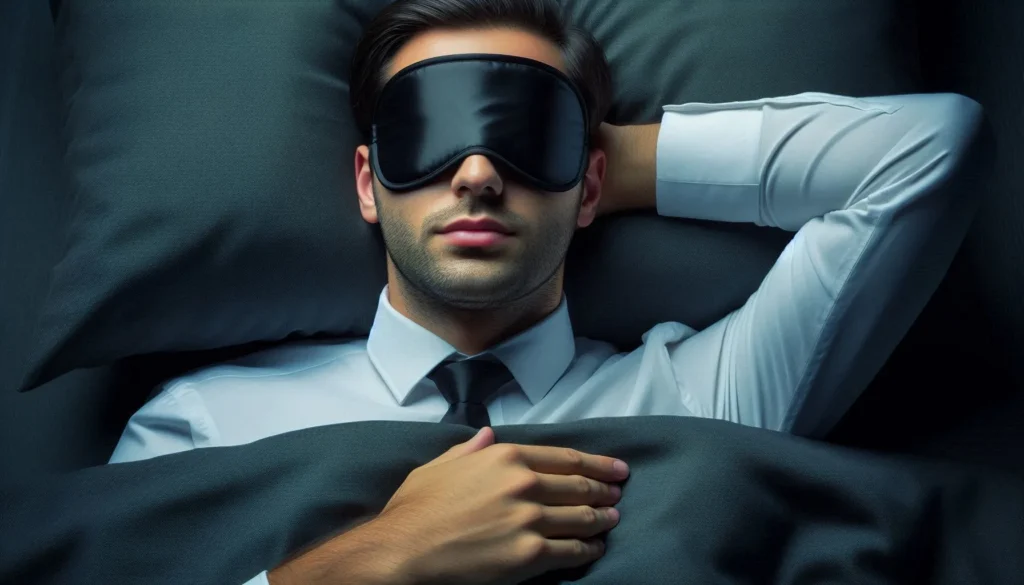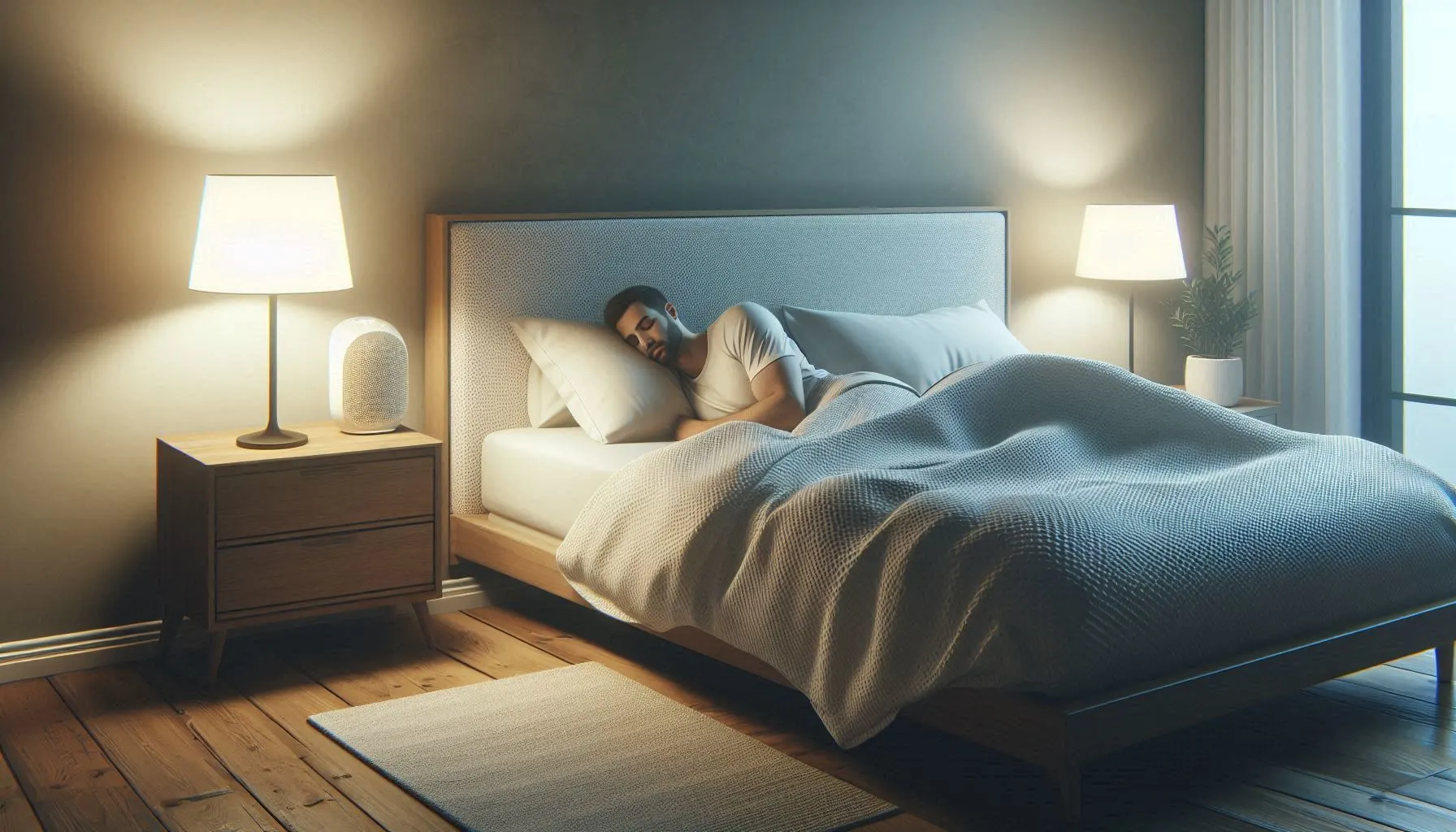Good sleep is essential for overall health, yet many struggle to establish a proper routine. This comprehensive guide explores sleep hygiene—what it is, how to improve it, and tips to get the most restful sleep. We’ll also highlight essential sleep products like memory foam pillows, white noise machines, and sleep masks to help you enhance your sleep quality.
What is Sleep Hygiene?
Sleep hygiene refers to the habits and practices that are conducive to achieving a good night’s sleep. It encompasses various aspects of your daily routine, such as maintaining regular sleep patterns, creating a restful environment, and adopting habits that promote better sleep.
Why is Sleep Hygiene Important for Health?
Good sleep hygiene directly influences your overall well-being. Poor sleep habits can lead to sleep disorders, affecting your physical and mental health. Adopting healthy sleep practices ensures that you get enough rest, allowing your body and mind to function optimally.
The Connection Between Sleep and Mental Health
Sleep and mental health are closely intertwined. Poor sleep hygiene can exacerbate conditions such as anxiety and depression. On the other hand, good sleep hygiene helps regulate emotions, improve cognitive function, and reduce stress, leading to better mental well-being.
Best Practices for Improving Sleep Hygiene
Improving your sleep hygiene involves making small, practical changes to your daily routine and environment. Here are some effective ways to establish better sleep habits:
1. Maintain a Consistent Sleep Schedule
Having a fixed bedtime and wake-up time, even on weekends, helps regulate your body’s internal clock. Consistency is key to improving sleep hygiene and ensuring restful sleep.
2. Create a Sleep-Inducing Environment
Your bedroom should be a place of relaxation. Keep it dark, quiet, and cool. Investing in sleep products like memory foam pillows can significantly improve your comfort and provide better support for your neck and back. Consider using a white noise machine to drown out disruptive sounds that may interfere with your sleep.

3. Limit Screen Time Before Bed
Exposure to blue light from phones, tablets, or laptops can hinder the production of melatonin, the hormone that regulates sleep. It’s best to avoid screens at least an hour before bedtime. If necessary, use blue light filters or apps designed to reduce screen exposure during the night.
4. Establish a Relaxing Bedtime Routine
Activities like reading a book, practicing mindfulness, or doing gentle stretches can signal to your brain that it’s time to unwind and prepare for sleep. Wearing a sleep mask can further enhance your relaxation by blocking out any ambient light, helping you fall asleep faster.
5. Be Mindful of Food and Drink
Consuming large meals, caffeine, or alcohol close to bedtime can interfere with sleep. Try to finish eating and avoid caffeine at least four hours before bed to ensure better sleep hygiene.
How to Create a Sleep-Friendly Environment
A sleep-friendly environment is crucial for maintaining good sleep hygiene. Here are a few key elements:
Temperature Control
Keep your room cool, ideally between 60-67°F (15-20°C), which is the optimal temperature for sleep.
Light Management
Use blackout curtains or wear a sleep mask to block any light, which can disrupt your circadian rhythm.
Sound Control
A white noise machine can mask background noises that might disturb your sleep. It creates a steady sound that helps the brain ignore sudden noises, promoting deeper sleep.
How Sleep Hygiene Affects Different Age Groups
Sleep Hygiene for Teenagers

Teenagers often struggle with irregular sleep patterns due to academic and social demands. Establishing a consistent sleep schedule and limiting screen time can help improve their sleep quality.
Sleep Hygiene for Adults
For adults, balancing work, family, and personal life can affect sleep. Creating a structured bedtime routine and addressing factors such as stress can improve sleep quality.
Natural Ways to Improve Sleep Hygiene
While sleep products can help, there are also natural ways to enhance your sleep hygiene:
1. Practice Relaxation Techniques
Techniques like meditation, deep breathing, and mindfulness can reduce stress and make it easier to fall asleep. Incorporating gratitude practices into your bedtime routine can help calm the mind.
2. Stay Physically Active
Regular physical activity can promote better sleep, but try to avoid vigorous exercise close to bedtime.
3. Use Essential Oils
Aromatherapy, with scents like lavender and chamomile, can have a calming effect and help you relax before bed.
Addressing Common Sleep Disorders with Improved Sleep Hygiene
Many sleep disorders, such as insomnia and sleep apnea, can be managed or improved with better sleep hygiene. While professional medical advice is essential for managing sleep disorders, establishing a consistent routine and making simple environmental adjustments can go a long way in improving sleep.
The Role of Sleep Hygiene in Managing Insomnia
For those dealing with insomnia, good sleep hygiene is critical. Limiting naps during the day, sticking to a regular schedule, and creating a calm environment can make it easier to fall asleep and stay asleep.
Conclusion

Good sleep hygiene is essential for a healthy, balanced lifestyle. By making small changes to your sleep environment and daily habits, you can improve the quality of your rest, benefiting both your mental and physical well-being. Whether it’s maintaining a consistent sleep schedule or investing in products like a memory foam pillow, white noise machine, or sleep mask, every step counts towards achieving restful sleep.
[helpie_faq show_title=”1″ title=”Frequently Asked Questions (FAQ’s)” title_tag=”h2″ show_search=”0″ exclude_from_search=”1″ display_mode=”simple_accordion” toggle=”1″ open_by_default=”open_first” faq_url_attribute=”1″ faq_url_type=”post_id” display_mode_group_by=”none” sortby=”publish” order=”desc” category_sortby=”publish” category_order=”desc” limit=”-1″ enable_content_hooks=”1″ enable_schema=”1″ onload_scrollto_delay=”0″ categories=”163″]







